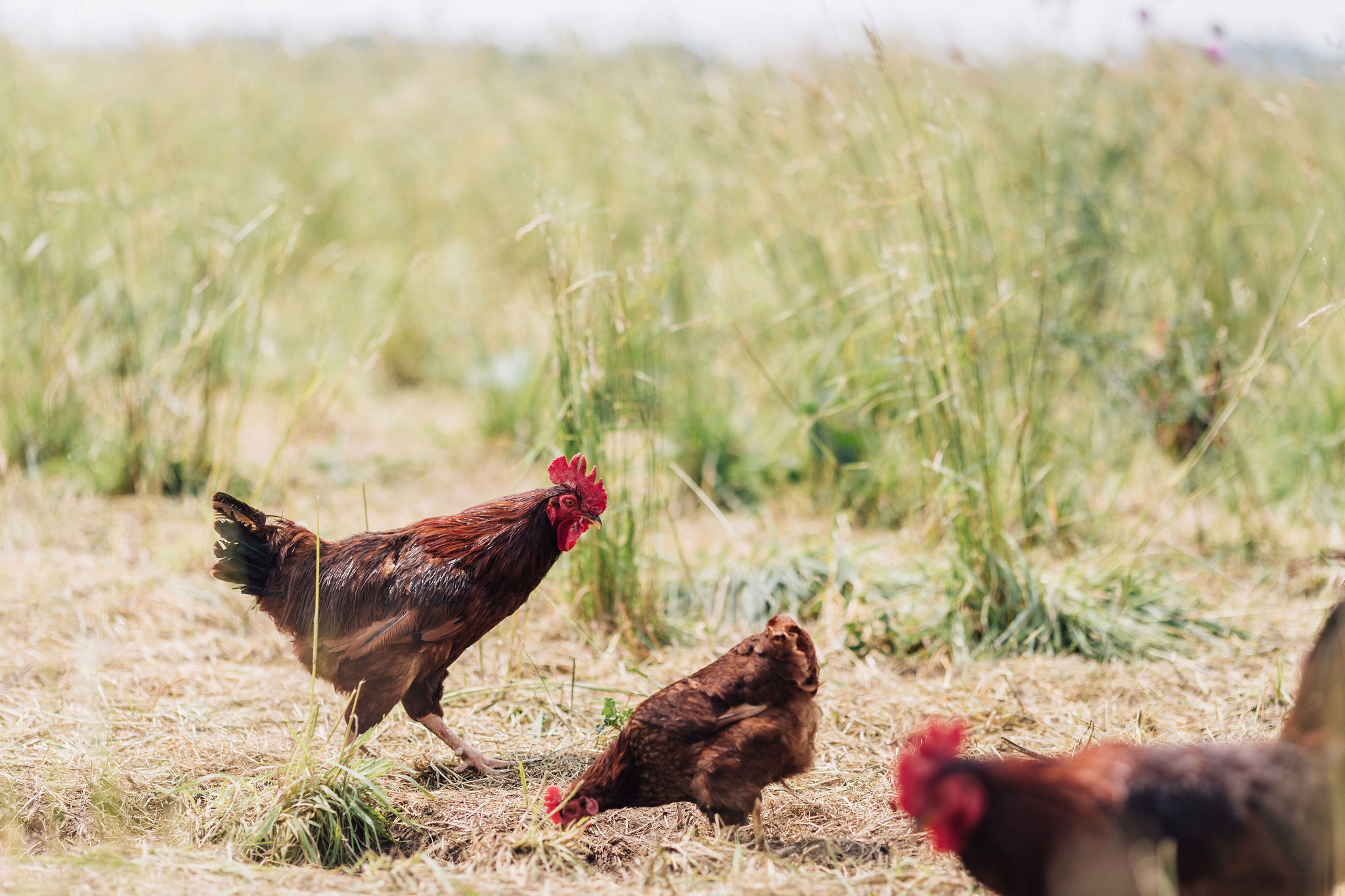Is your honey adulterated, and how can you avoid it?
posted on
February 2, 2018
A grand majority - 75% according to Food Safety News - of the honey sold in US grocery stores is adulterated. It has been ultra-filtered and is almost certainly diluted. The astonishing part is that there’s no way of telling if your honey is 100% pure by the label. It’s being sold as “honey” and is marked as such in the grocery store.
Every beekeeper filters their honey to remove small pieces of the comb or bees. It’s a simple and inexpensive process. However, ultrafiltration is an expensive process that pushes honey through a tight mesh, removing all particles, including pollen, from the thick sugary liquid.
Now, why would a honey producer want to spend more money to ultra-filter their honey? One reason is that honey void of any small particles will last longer and take years to crystallize. However, with competitive honey prices, it’s not business savvy to spend more on filtering unless absolutely necessary. The more likely reason is that honey void of pollen cannot be traced to the country of origin and that the producer has something to hide.
It is generally assumed that honey bereft of pollen has been adulterated, meaning that it has been diluted with cheap sweeteners like corn syrup or rice syrup. Although the filtration costs are higher, the cost of the product itself is lowered through dilution. It is believed that most of this adulterated honey comes from China.
According to Forbes, honey is the third most faked foods. The FDA has denied petitions from farmers to create a “standard of identity” for honey. The USDA has loose guidelines for grading honey, under which two completely different honeys could be labeled “100% Organic Clover Honey from Arizona—USDA Grade A”.
So, what can you do? Buying certified organic honey helps, but is not guaranteed. Studies have shown that about 75% of organic honey does contain pollen, meaning it is likely not adulterated. The best way to ensure you are getting 100% pure honey is to buy direct from the farmer, who can attest to your honey being real. Miller’s Bio Farm honey comes from a local producer who keeps bees in clover fields in the warmer months and brings the bees to Florida in the colder months to produce orange blossom honey. It is raw and heated only to remove it from the comb and filter it.
I use honey as a sweetener in tea and baked goods, but my hands-down biggest use of honey is making medicinal syrups for my family. I recently made cough syrup to help my kids through an upper respiratory infection. I put 2 cups water, 6 Tbs licorice root, 3 Tbs Echinacea, 3 Tbs marshmallow root, 3 Tbs cinnamon chips, and 1 Tbs ginger in a small pot. I heated this tea to a low simmer for about 45 minutes, until reduced by half (keep at a low simmer to preserve the medicinal qualities of the herbs). Then, I strained out the herbs, waited for the liquid to cool to about 100 F, and then mixed in 1 cup of raw honey. Voila! Homemade, nourishing, throat coating cough syrup.




